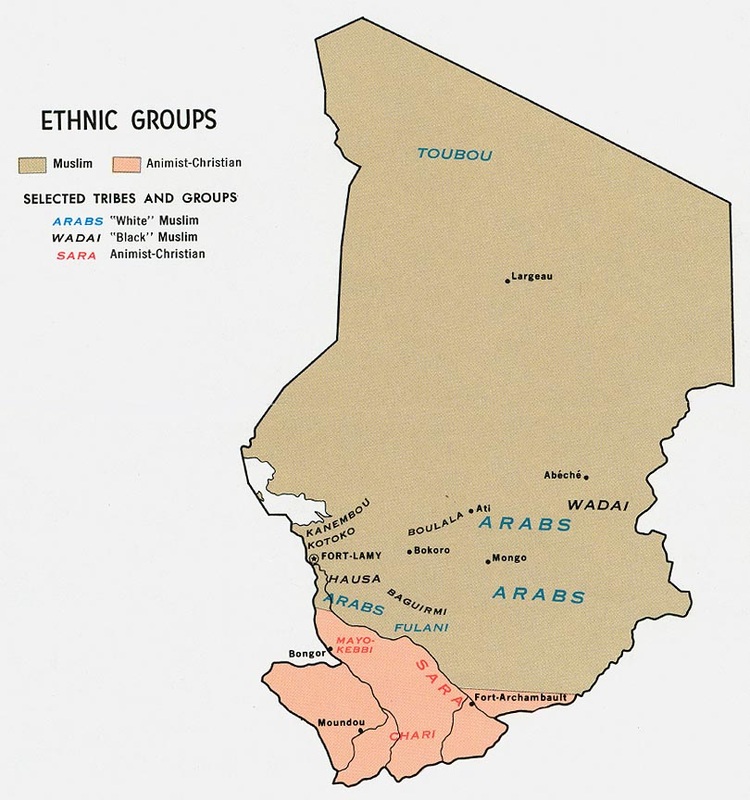Ethnocentrism in Chad – Claire Rounds
December 7, 2022
Ethnocentrism is defined by the evaluation and judgment of other cultures based on perceptions of one’s own culture. Or more simply, believing that one culture is superior to another. In Chad, a country ranked as one of the most ethnically and culturally diverse in the world, ethnocentrism is not a cut-and-dry issue, where a single group maintains more cultural power.
The largest cultural influences in Chad include several African cultures, French, and Arab. As Chad was a colony of France until 1960, it is not surprising that some French influence remains. However, as France did not make an effort to unify Chad, and had far more control in the South than it did in the North, the country became generally divided into an Arab-Muslim north, and the Sara people living in a Christian south. The divisions do not end there, with some of Chad’s people being nomadic, and others sedentary. Most people feel a far stronger connection to their families and tribes than the Republic of Chad, and thus the lack of nationalism and lack of desire to interact with other groups makes ethnocentrism in the country less prominent. 
Still, that is not to say cultural power imbalances don’t exist. The government does not officially recognize indigenous groups such as the Mbororo Funai and Toubou. Chad’s military has historically only been kept together by meticulous, authoritarian planning so that certain groups don’t mix and aggravate each other. While Chad’s new Prime Minister in October 2022 called for a move towards unity for the country, successfully signing with 30 rebel groups to engage in talks, there is not a lot of hope from the people, many of whom blame French rule for the lack of cultural coherence.